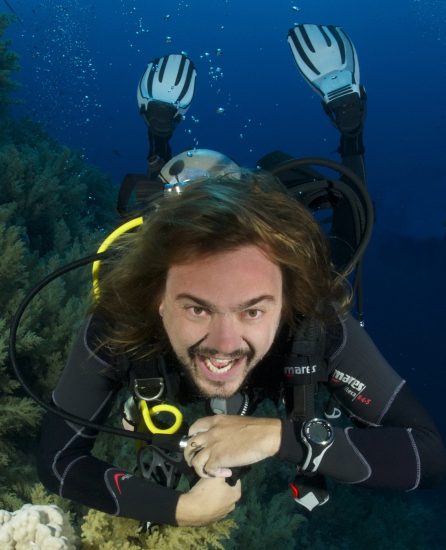


Get A Check-Up As You Pack Up For Your Dive Trip
Before leaving on a diving holiday, it's a good idea to pay a visit to
your dentist for a check-up. This can prevent any dental mishaps during
your dive – the effects of water pressure on the teeth shouldn't be
underestimated.
Dental fillings which are not completely airtight or small cavities in
the teeth can have painful consequences during the dive. When you
ascend, the trapped air – whether in loose fillings or cavities –
expand, and this pushes against the walls of the affected tooth,
causing much pain. In extreme cases, the fillings or even the entire
tooth may be literally blasted off.
In 2014, the Centre for Hyperbaric Medicine and Diving Expertise
conducted a study involving 1,317 professional divers from the French
Army. The results indicated that about five percent had suffered a
dental barotrauma, in the form of fractures or loss of fillings. In 34
percent of the dives, the pain caused the dive to be terminated
prematurely.
Nearly 90 percent of the divers (refers to the 5 percent) visited their
dentist once a year and knew the importance of dental health in
situations involving changing pressures. About 80 percent had informed
their dentist about their work as a professional diver working under
such conditions.
Dive Check And Dental Check
The dental check before every dive trip should cover the following:
- Filling check: All fillings must be intact and completely sealed to exclude air pockets.
- X-rays of both jaws: X-rays can reveal weaknesses in teeth. If there
is inflammation of the roots, the sinus cavity can become inflamed as
well (as the tips of the roots are close to the maxillary sinuses). In
addition, even 'dead teeth' that are rootless, can cause aggravation in
conditions of changing pressure, causing extreme pain.
- Removable dentures: To prevent dentures from becoming loose and move
backwards towards the throat, the base of the dentures should be
regularly checked and corrected, if necessary.
 Mares
Mares 21st July 2015
21st July 2015